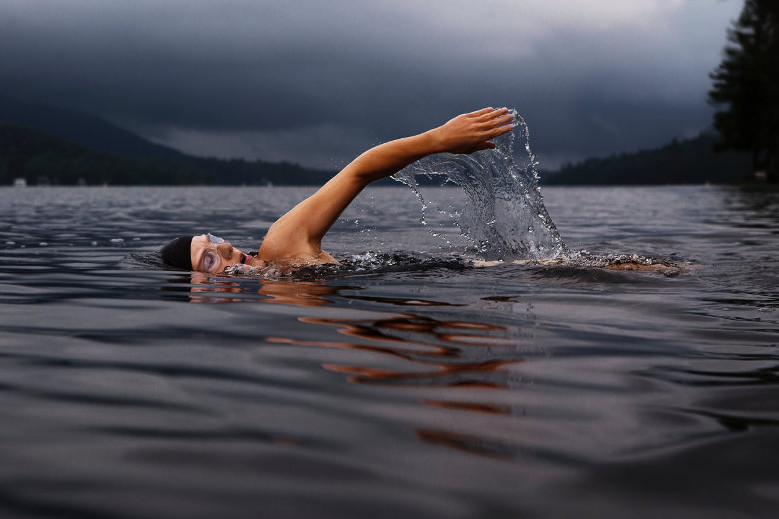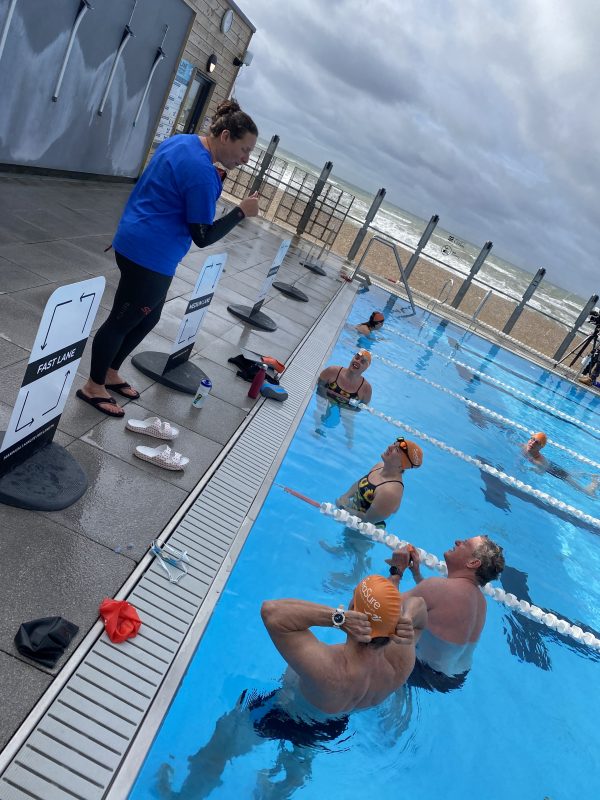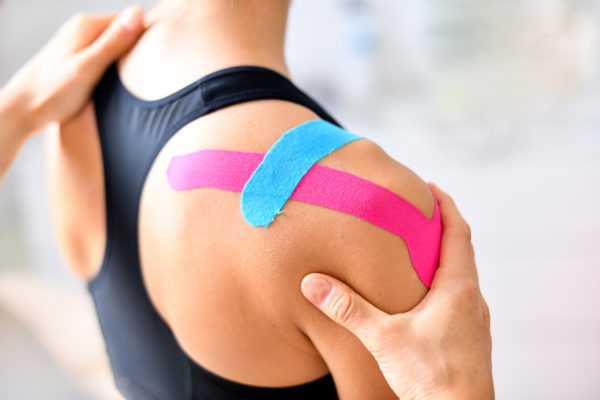Cold water swimming is in water which is 16°C or less. Extreme cold is less than 10°C. Our article Medical Benefits of Open (Cold) Water Swimming, outlines the physical and mental benefits of cold water swimming. But what do you need to know to become a cold water swimmer?
The Outdoor Swimming Society have a broad range of articles with advice from experts about the effects, benefits, and risks of cold-water swimming.
Recently, the OSS published an article by Dr Heather Massey called How to Acclimatise to Cold Water, which is a beginners guide to the adaptation response that takes place in channel and ice swimmers, meaning they can survive water temperatures that would kill a novice. The article explains how to dull the cold shock response, explains Hypothermia and the best ways to rewarm.
Their article titled 6 Tips For Cold Water Swimming, will fill you in on what happens to your body when you are immersed in cold water and tips for ensuring you have an enjoyable dip!
And their article with the seemingly scary title Cold Incapacitation, leads us in to the risks a cold water swimmer will probably encounter, what happens to your body and how you can avoid Cold Incapacitation.
The Outdoor Swimming Society have a plentiful directory of interesting reads on their website, along with some great tips and advice on sea swimming, river and lake swimming as well as tips to get started and very importantly, how to survive!
Vivida Lifestyle has also written an article exploring how to get started with cold water swimming, it includes; the health benefits, tips to avoid water shock and much more interesting information. You can check it out here.




